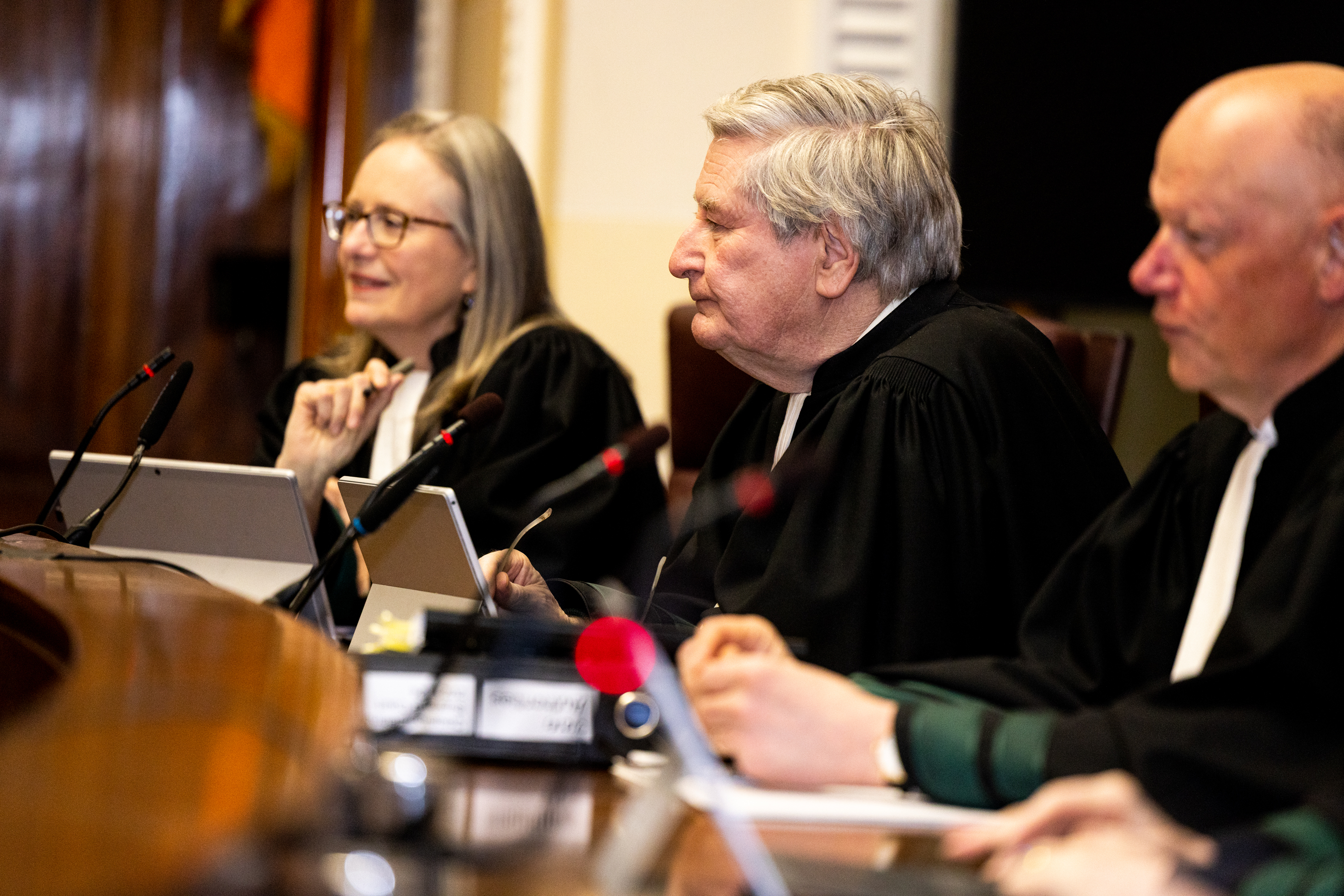Oral Hearing
At the oral hearing, both sides are allocated time within which to make their respective arguments. The applicant (known at this stage as the ‘appellant’) goes first and is followed then by the respondent. At the end of the respondent’s oral arguments, the appellant has an opportunity to reply to those arguments. The judges hearing the appeal will often ask questions during the oral hearing.
When this has concluded, the Supreme Court usually reserves its judgment, meaning that the Court indicates that it will not deliver its decision there and then, but will do so at a later date. Occasionally, the Supreme Court delivers judgment immediately following the hearing – this is known as an ex-tempore judgment.

